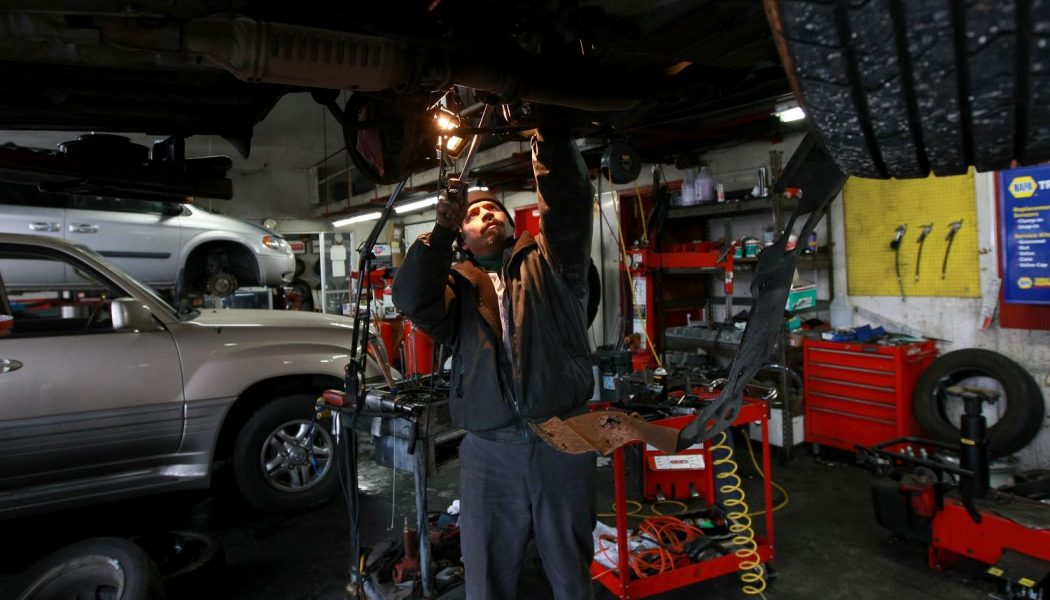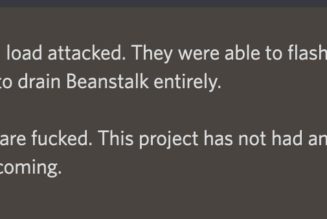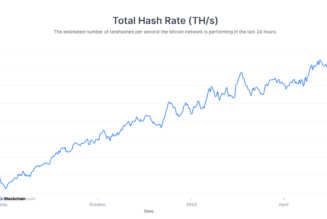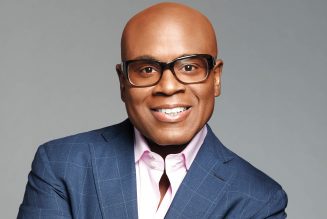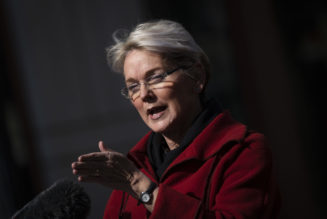
Stay-at-home orders have reconfigured daily life so thoroughly that many businesses have had to adapt in creative and surprising ways, even in sectors not staring down imminent disaster.
Workers and employers in a variety of under-the-radar industries around the country told POLITICO about how they’re struggling or managing to change.
Private investigators
Stay-at-home orders have made many aspects of a private investigator’s work more difficult.
With most everyone home during the day, surveillance is more easily detected. Many court records aren’t digitized. You can’t serve a subpoena in person. And then there are the phone or Zoom interviews.
“I’m looking at a two-dimensional screenshot of a person. … I can’t see what they’re doing with their hands. I can’t see if they’re going to scratch the back of their neck or look sideways,” said Jerry Hardesty, an investigator in Brighton, Mich. “Reading body language is critical when trying to evaluate the person that you’re talking to.”
Hardesty, president of the Michigan Council of Professional Investigators, is seeing about 90 percent less business than usual.
About half his organization’s members are, like Hardesty, retired law enforcement or federal agents who have some financial cushion. But many others are small businesses struggling to pay employees or keep up with expensive database fees.
Impersonators
Shane Paterson, an Elvis impersonator in Las Vegas, had his last booking at a large wedding reception March 14. Then — as for most of the entertainers he knows — work dried up.
“Everything’s gone. Just like a dandelion in the breeze, just blown away,” he said. “We’re all broke.”
Paterson’s typical gigs range from intimate vow renewals to film sets, but the bulk of his work comes at conventions or trade shows — the type of large gatherings that were among the first to be canceled due to coronavirus fears.
A native New Zealander who earned a Ph.D. in ecology and a Southern drawl from the University of Georgia, Paterson knows he traded security for freedom with his second career. But many Vegas entertainers had only recently emerged from the Great Recession’s lingering hit.
Now it’s back to navigating an overloaded unemployment filing system. “We’re all kind of suffering to the same degree,” he said.
Tattoo artists
The pandemic was the second crisis in a row to hit Nashville. Elisheba Israel Mrozik’s tattoo shop and community arts hub One Drop Ink, Tennessee’s first black woman-owned tattoo shop, had just reopened after a devastating tornado struck the city in early March. A week later, the coronavirus lockdown forced it to close again.
Mrozik is hopeful she has enough resources to weather this storm, too. One Drop Ink is applying for the Paycheck Protection Program and other small business loans, and she thinks her customer base and reputation will help the business bounce back once the shutdown ends.
But she’s not willing to risk people’s health by making house calls, as some tattoo artists are doing. And Mrozik worries that other tattoo artists with less business savvy or less understanding landlords — the artists are typically independent contractors with a tattoo shop, rather than employees — could be in major trouble.
After all, “we are dependent on people coming in and getting services,” she said. “The very nature of our business is personal space invasion.”
Sports equipment manufacturers
For Bison, a sporting goods manufacturer in Lincoln, Neb., the state’s refusal to impose a stay-at-home order means that employees are still at work.
But the company sells most of its equipment — largely goals and nets for team sports — to educational and professional institutions. As schools and sports leagues shut down, Bison saw incoming orders drop by 50 percent to 60 percent in the latter half of March, said founder and CEO Nick Cusick.
Even if things improve in the summer and fall, Cusick said he’s worried about long-term ripple effects as lower tax revenues force belt-tightening: “I gotta think the pent-up demand will not offset the reality that budgets will be tighter.”
Bison was in good financial shape, so it has eliminated overtime hours but otherwise managed to keep its roughly 100 employees working, Cusick said. But the prospect of another month at current incoming order levels has him focused on trying to take advantage of Small Business Administration loan programs.
Beyond that, reducing hours or the workforce might have to come into play. “We’re crossing our fingers that it doesn’t come to that,” he said.
Sex doll companies
Some countervailing forces have affected the fortunes of the New York-based sex doll company Silicon Wives over the past few months.
The peak of the virus in China in January and February hit Silicon Wives’ supply chain, said founder and owner Bryan Gill. But that’s now back to normal. And online traffic is up, with the company’s mostly Western, male customer base stuck at home. But because of tighter pocketbooks, he hasn’t yet seen an uptick in sales. “You would think that they’d be looking for some sort of release at some point,” Gill said.
Gill’s hoping the forthcoming stimulus payouts might change that. “We do typically see a small boost when people get their tax returns,” he said. “Maybe with this $1,200 … perhaps we would see some people spend it on that. I’m sure that’s not what they intended.”
Notaries
Robert Owens normally spends his days in Palestine, Texas, traveling to people’s homes — or hospitals, or jails — in his work as a mobile notary.
But like many notaries, Owens is now homebound for fear of the coronavirus. He’s doing only remote online notarizations now, using Zoom and a notarizing web platform. Owens hopes to be able to do about 75 percent of his notarizations that way.
Many lenders and title companies, though, are still in the process of activating their online capabilities. “Basically I’m just sitting here twiddling my thumbs and waiting for that to kick off so that I can get busy and get back to work,” he said.
Other notaries in more precarious financial positions are taking out loans and looking to loved ones for help. “For the most part, they’re just hoping and praying that this is going to be over soon,” he said.
Pet sitters
National Association of Professional Pet Sitters President Jessica Abernathy says the lockdown prompted by the coronavirus has “pretty much wiped out” the industry.
Her business in Chicago, which typically does 100 daily walks, was down to three a day by the start of April. Most of her normal clients are already home with their pets.
Some pet-sitting businesses have laid off or furloughed workers already. Abernathy’s nonprofit association is trying to help members by bringing in experts to lead webinars on health insurance, layoffs, anxiety and more.
“We’re hurting,” she said. But “we band together as a group of individuals to find ways to make it through this.”
